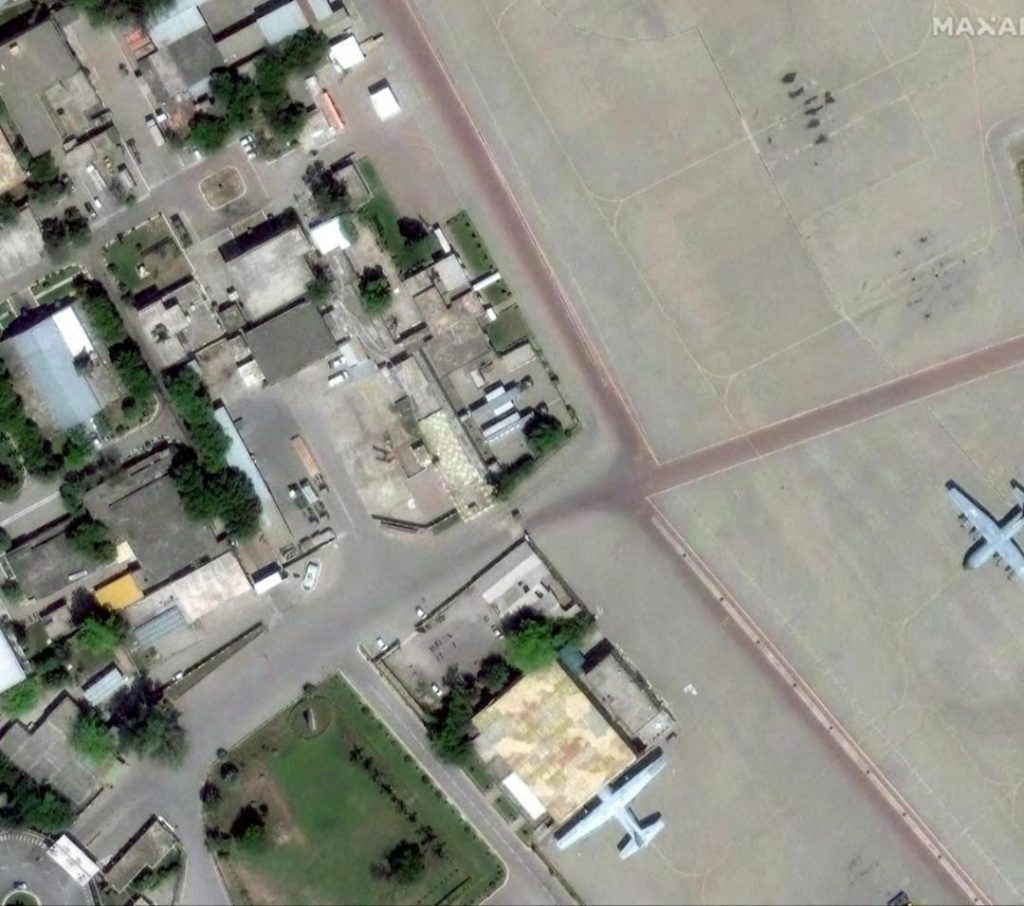
Air Defence Systems of China & Pak No Match for India’s BrahMos: Expert
In a recent statement that has sent shockwaves across the military and strategic communities, American urban warfare expert, Colonel (Retd) John Spencer, has claimed that the air defence systems of China and Pakistan are no match for India’s BrahMos missile. According to Colonel Spencer, India’s precision strikes using BrahMos missiles have demonstrated the country’s capabilities to hit anywhere in Pakistan at any time.
The statement comes in the wake of India’s recent military operation, codenamed “Sindoor”, which saw the Indian Air Force (IAF) utilizing BrahMos missiles to precision strike at Pakistan’s air bases. The operation was a significant display of India’s military prowess, showcasing its ability to deliver precision strikes deep into enemy territory.
Colonel Spencer, a retired US Army Colonel with extensive experience in urban warfare, was quoted as saying, “Chinese air defence systems and missiles are sub-par vis-à-vis India’s systems… India’s message was clear. It can hit anywhere in Pakistan anytime.” His statement has sparked intense debate and analysis among military strategists and defence experts, with many agreeing that India’s BrahMos missile has given it a significant edge over its adversaries.
The BrahMos missile, developed jointly by India and Russia, is a supersonic cruise missile with a range of over 300 kilometers. It is capable of flying at speeds of up to Mach 2.8, making it one of the fastest missiles in the world. BrahMos has been extensively used by the Indian military, particularly in the Kashmir region, where it has been employed to precision strike at terrorist targets.
Pakistan, which has been at odds with India over the Kashmir issue, has been attempting to develop its own air defence systems to counter the Indian military’s capabilities. However, according to Colonel Spencer, Pakistan’s efforts have been largely unsuccessful. “Pakistan’s air defence systems are not capable of detecting or intercepting BrahMos, let alone China’s,” he stated.
China, which has been Pakistan’s closest ally, has also been investing heavily in its air defence systems. However, Colonel Spencer believes that India’s BrahMos missile has given it a significant advantage over China’s systems. “China’s air defence systems are not as advanced as India’s, and they are not capable of detecting or intercepting BrahMos,” he said.
India’s operation “Sindoor” was seen as a significant display of its military capabilities, and Colonel Spencer’s statement has further underscored the country’s strengths. The operation saw the IAF precision strike at several air bases in Pakistan, causing significant damage to the country’s military infrastructure.
The implications of Colonel Spencer’s statement are far-reaching, with many defence experts agreeing that India’s BrahMos missile has given it a significant advantage over its adversaries. The statement has also sparked intense debate about the capabilities of China and Pakistan’s air defence systems, with many questioning their ability to counter India’s BrahMos missile.
In conclusion, Colonel Spencer’s statement has sent a clear message to China and Pakistan: India’s BrahMos missile is a force to be reckoned with, and its air defence systems are no match for India’s capabilities. As tensions between India and Pakistan continue to simmer, Colonel Spencer’s statement has underscored the importance of having a robust and effective air defence system, and India’s BrahMos missile has proven itself to be a game-changer in this regard.



